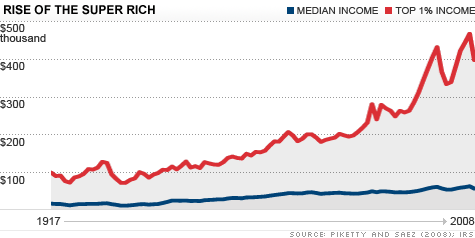The way Barclays and several other banks colluded to fix
inter-bank interest rates is a blatant example of what is actually par for the
course in big business. Price fixing, secret agreements to divide markets,
cartels and other nefarious goings on are as old as capitalism itself.
How could it be otherwise within a system where the benchmark
is the maximisation of profit by any means, fair or foul? Dividend payments to
shareholders are based on total profits, which, if they don’t rise year on
year, indicate failure. Share prices tend to fall as a result.
So if so-called retail banking doesn’t create enough profits,
then use depositors’ money to speculate in a rigged market. Irresistible for
Barclays, RBS and the other banks caught in the spotlight.
This kind of underhand activity is not the exception but the
rule. Only today, the UK Office of Fair Trading alleged that Mercedes-Benz and
five UK
dealers of its trucks and vans were involved in price fixing and the sharing of
commercially sensitive information between 2007 and 2010.
In April, British Airways agreed to pay a reduced £58.5m
fine for colluding with rival Virgin Atlantic on fuel surcharges. BA admitted
in 2007 that it had colluded with Virgin over price fixing on long-haul flights
between August 2004 and January 2006. OFT’s criminal case
against a number of former BA executives collapsed. Virgin,
which blew the whistle on its agreement with BA, was not fined.
Last mont h, the Department
of Justice in the United
St
In late 2007, British consumers discovered that supermarkets
and milk suppliers had been illegally rigging the prices of dairy products
since 2002. They had colluded to raise the prices of dairy products, and their
milk distributors, namely Dairy Crest and Robert Wiseman Dairies, had been the
go-betweens for the ostensibly secret pricing decisions. Total cost to
consumers was estimated at £270 million. Those involved were fined a total of
£116.
In 2007, the European Commission undermined a price-fixing
scheme among the makers of flat glass, the variety that is used to make windows,
doors and mirrors. In 2004 and 2005, four major makers of flat glass — Asahi,
Guardian, Pilkington, and Saint-Gobain — secretly met to discuss artificially
raising their prices. The industry’s profits soared as a result and the €487 million
fine was undoubtedly worth it for the companies which colluded.
Other examples you may have missed include £185 million in
fines imposed on Dutch brewers, including Heineken and Grolsch, for price
fixing. EU competition commissioner Neelie Kroes commented: “It is unacceptable
that the major beer suppliers colluded to hike up prices and carve up the
market between themselves. The highest management of these companies knew very
well that their behaviour was illegal, but they went ahead anyway and tried to
cover their tracks”.
Previous examples of price fixing include Manchester United
and several leading sportswear firms who were found guilty of price fixing on
replica football shirts in 2005 and Samsung Electronics who agreed to pay $90m to
settle legal action over microchip price-fixing allegations in the US . Three
executives went to prison.
So when Labour leader Ed Miliband and others tell us that
there can be such a thing as an ethical, “responsible” capitalism they are
having a laugh at our expense because it’s an impossible quest. It's a myth, just like the notion of a "free market". The system is
endemically corrupt. It would actually be easier to replace capitalism with a
not-for-profit alternative than clean it up.
Paul Feldman
Communications editor

